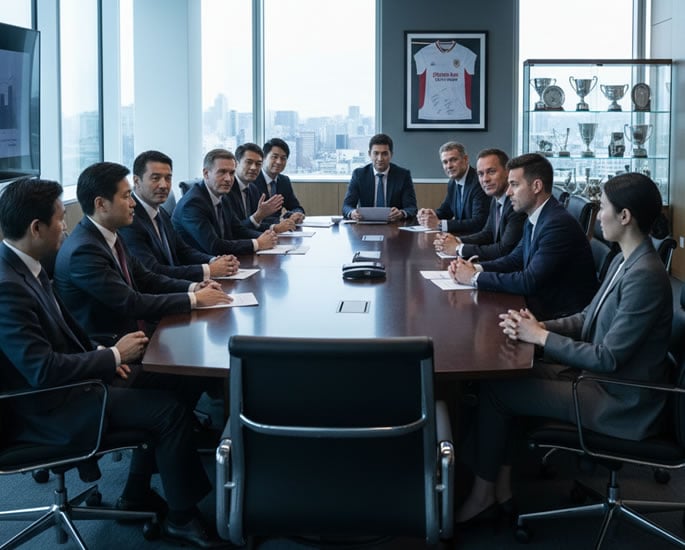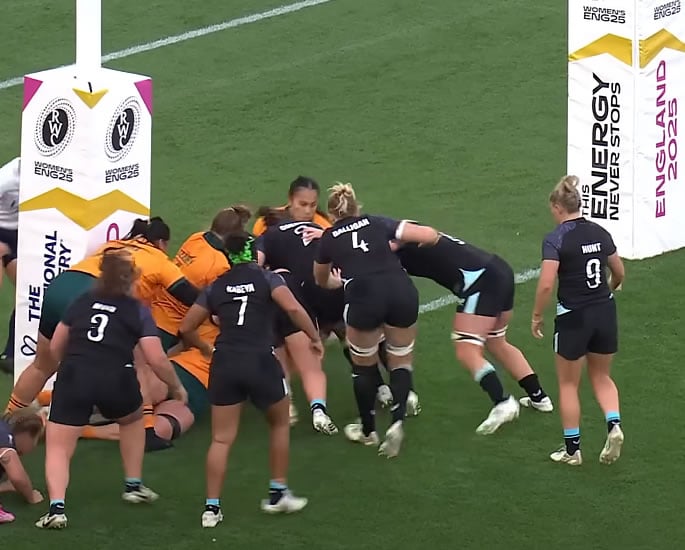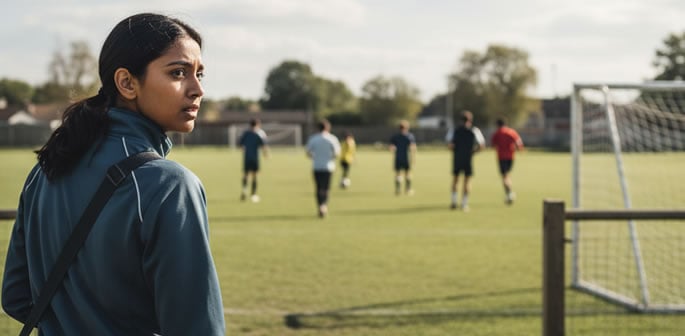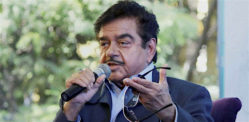Seventy-two per cent of men would apply for a role
While women’s sport in the UK is enjoying record-breaking crowds and growing popularity, a different story is unfolding behind the scenes.
For many people, especially women and those from less wealthy backgrounds, a career in the sports industry feels out of reach.
This creates a major gap, holding the industry back from finding the best talent and truly connecting with all fans.
New research from the Women’s Rugby World Cup 2025 (RWC 2025) shines a light on this issue, asking if the world of UK sport is as open as it should be.
It’s a question that challenges the very idea of fairness in the games we love.
A Different Game for Men & Women

The research shows a clear divide in how men and women see a career in sport.
While almost three in five adults would consider a job in the sector, the numbers are unequal.
Seventy-two per cent of men would apply for a role, but for women, that number drops to just under half (48%).
This gap comes from different experiences and feelings about the workplace.
There’s also a confidence issue, as 63% of men feel they have the right qualifications for a sports career, compared to just 44% of women.
The research also found that men are more likely to have taken part in programmes designed to help people get into the industry, highlighting that women face more barriers.
Money & Background Challenges

It’s not just about gender; a person’s background plays a huge role.
Many see the sports industry as elitist and hard to get into without connections or money.
The research shows a striking difference in opinion based on family education, which is often used to understand a person’s social and economic background.
Three-fifths (60%) of people whose parents went to university believe it’s easy to build a career in sport.
In sharp contrast, only one-fifth (19%) of those whose parents did not attend university feel the same way.
This shows that for many, a job in sport doesn’t seem like a realistic or welcoming option.
The Game Plan for a Fairer Future

To fix these problems, the RWC 2025 is calling for real, practical changes. The goal is to break down the barriers that stop talented people from joining the industry.
They recommend that the sports industry needs:
- Paid and structured entry-level jobs so people can get started without needing previous industry experience.
- Clear paths for career growth that show employees how to move up and advance.
- Open and accessible hiring, with jobs advertised widely to reach more people.
The Women’s Rugby World Cup 2025 is already putting these ideas into action.
The tournament has a majority-female leadership team and is creating paid internships and volunteer roles to give people a start.
Sarah Massey, the Managing Director of RWC 2025, said:
“Our research confirms what is widely thought: jobs in sports are not appealing to a wide talent pool.”
“Leaders and allies across the industry have the power to champion inclusion through intentional action to open up sports and further strengthen our cultures, workforces and recruitment practices.”
Creating a more inclusive sports industry isn’t just about being fair; it’s about making sport stronger.
When people from all backgrounds are involved, new ideas and perspectives emerge, which helps connect with new audiences.
UK Sport agrees, with its Head of Major Events, Esther Britten, stating:
“We want every sporting event we host to be planned, promoted and developed in an inclusive way.”
The path forward requires a team effort from everyone in the industry.
By focusing on creating clear opportunities and welcoming workplaces, UK sport can build a future where the people behind the scenes are as diverse as the fans in the stands.
This will ensure the industry doesn’t just grow but thrives for years to come.






























































